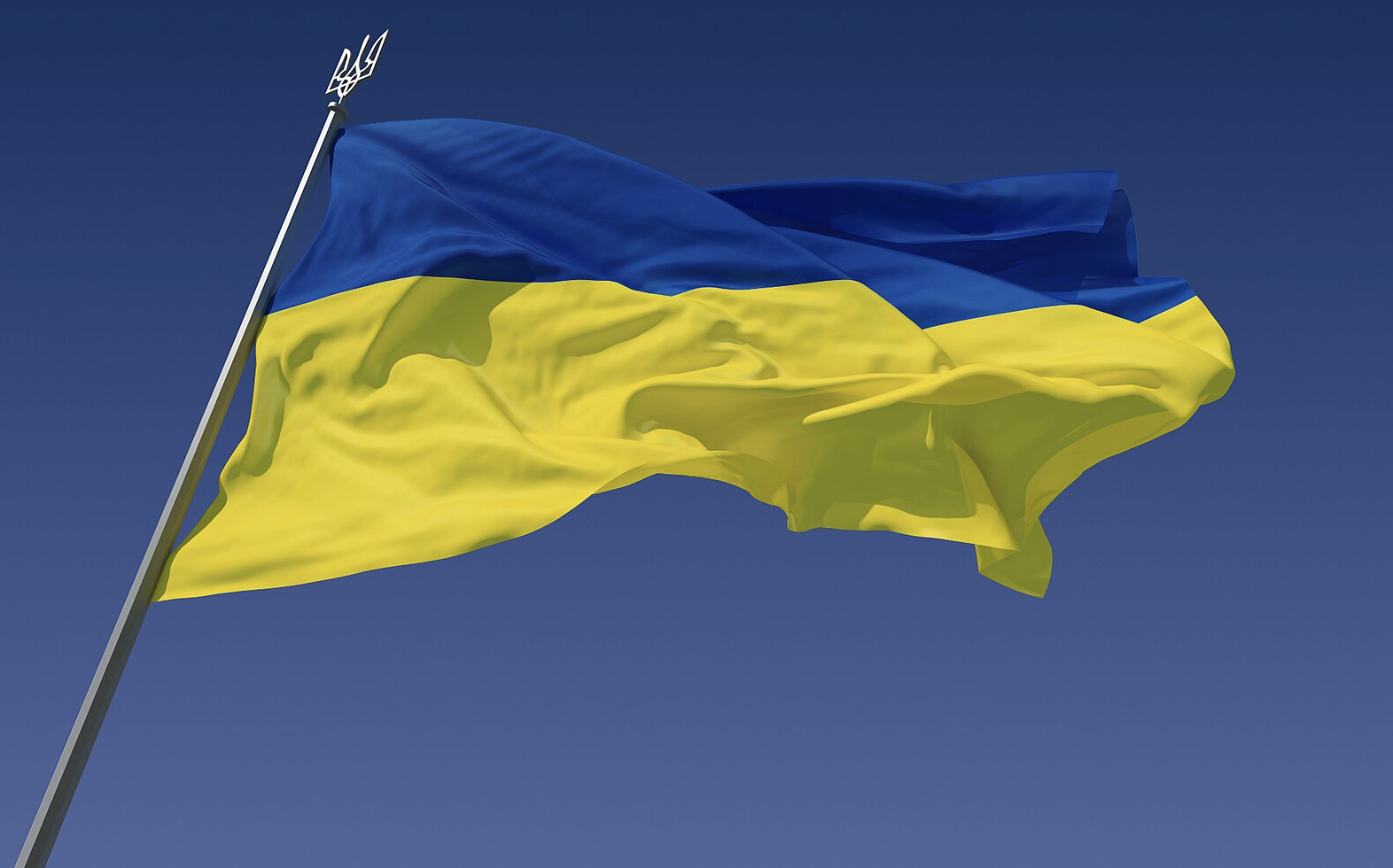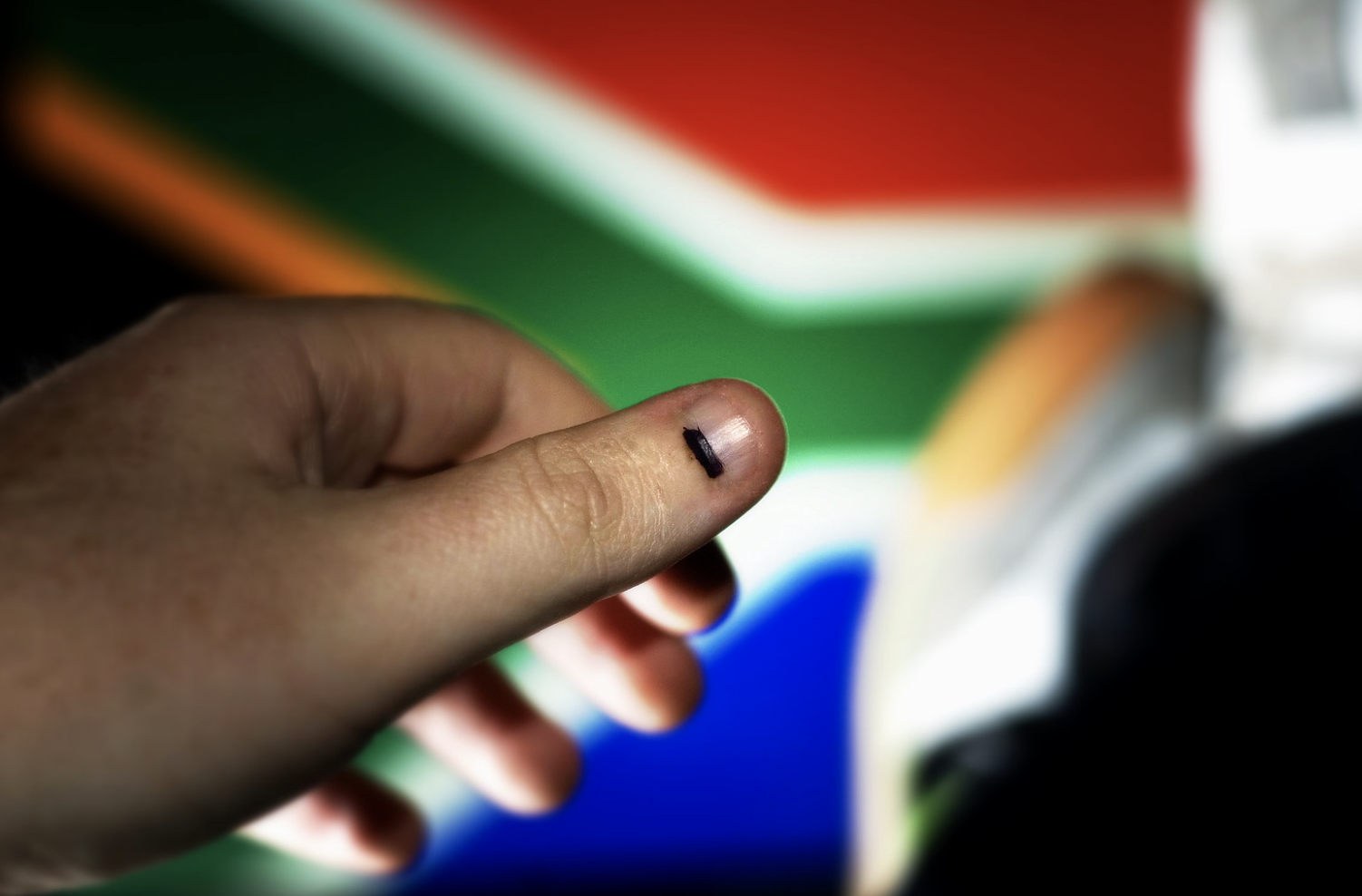News
Opinion: Why South Africa’s Election Matters for Ukraine
South Africans will flock to the polls on May 29 for the country’s most important general election since the advent of its non-racial democracy in April 1994. According to most opinion polls, the ruling African National Congress (ANC) party, Africa’s oldest liberation movement, is expected to fall below a 50% majority.

Research Director, The Brenthurst Foundation

Director, The Brenthurst Foundation

The reasons for this shift are clear. South Africans are largely disappointed in the ANC’s performance, with 80% believing the country is heading in the wrong direction and over half consistently blaming the ANC. Just 10% of voters now attribute issues to the country’s history of racial separation, reflecting the concerns of a modern generation.
Over 40% of South Africans are unemployed, the country has suffered frequent power outages (known locally as “load-shedding”) due mainly to poor maintenance and dodgy contracts, and South African cities rank among the most violent globally, with an average of 27,000 murders annually.
The ANC also presided over the largest corruption scandal in South Africa’s history, known as “state capture,” which cost the country, by South African President Cyril Ramaphosa’s own admission, over 500 billion rand (nearly $28 billion).
But should South Africa’s election matter to Ukraine? Put simply, yes.
The ANC, while officially maintaining neutrality and participating in various Ukrainian peace discussions through its national security advisor, has been unequivocally pro-Moscow in light of Russia’s war against Ukraine.
The ANC has facilitated joint military exercises with Russia, participated in regular security dialogues and conferences in Moscow, and engaged in bilateral arms trade since February 2022, though in which direction exactly remains disputed. Washington’s stance on the Lady R shipping affair, wherein U.S. Ambassador Reuben Brigety accused South Africa of having weapons intended for Russia loaded on the sanctioned Russian ship, highlighted this situation.
More direct Russian involvement in South Africa’s election has manifested through monetary donations to the ANC by United Manganese of Kalahari (UMK), a mining company where Viktor Vekselberg, a Russian oligarch with ties to the Kremlin, is a major investor. The opposition Democratic Alliance, currently polling at around 25%, has also been targeted by Kremlin-linked websites, clearly indicating that Russian President Vladimir Putin is determined to keep the Russia-friendly ANC in power in Pretoria.
More generally, South Africa has firmly aligned itself with the BRICS grouping, initially comprising Brazil, Russia, India, China, and South Africa. With the inclusion of Egypt, Ethiopia, the UAE, Saudi Arabia, and Iran, BRICS has become as much anti-Western as it is authoritarian.
If the ANC receives less than 50% of the vote in this election, it will likely be forced into a coalition with one or more partners. Should the ANC secure just 45% of the vote from South Africa’s 28 million-strong electorate, it could potentially make a deal with smaller parties in the 400-seat national assembly.
However, if it receives less than 45%, it will need to negotiate with one or two of the bigger opposition factions. On the left, there are the populist ANC breakaway parties, like MK under former President Jacob Zuma, who oversaw a period of rampant corruption, and the Economic Freedom Fighters (EFF). Both MK and EFF maintain relations with Putin’s regime.
EFF President Julius Malema has stated: “Actually, I would go beyond the friendship with Russia and in the war, I would align with Russia, and I would even supply the weapons to Russia because Russia is at war with imperialism and any agenda that seeks to push back imperialist agendas is well within the policies of EFF.”
Zuma, who forged closer ties with Moscow during his tenure as South Africa’s leader from 2009 to 2018, has made several trips to Russia for “health reasons” since being removed from office. His MK party, often praised by pro-Russian X accounts and historically close to the Soviet Union’s GRU, has allegedly received financial support from interests close to the Kremlin. In return, Zuma has described Putin as a “man of peace” whose actions were justified in response to the alleged threats posed by the U.S. and NATO’s expansion.
The ANC’s less populist alternative is forming a coalition with centrist parties, including the Democratic Alliance (DA), led by John Steenhuisen, and the Inkatha Freedom Party (IFP), previously synonymous with its founder Prince Mangosuthu Buthelezi, who passed away last year.
Steenhuisen’s DA, which governs the Western Cape province, has strongly supported Kyiv. He even visited Ukraine in May 2022, although, interestingly, he received very little support from Ukraine’s South African representatives for his courage and initiative.
As Steenhuisen has stated regarding Putin and the war:
“If South Africa is serious about its commitment to human rights, we should explicitly condemn Putin’s invasion (of Ukraine), which Pretoria has routinely failed to do. We should be offering Ukraine and its allies the means to defend itself against such aggression and working with Kyiv and its partners to build a prosperous and lasting relationship based on democratic values, freedom, and respect for territorial sovereignty.”
Steenhuisen added that “it has been surprising that the DA’s unwavering support from the outset for Ukraine has been so little appreciated by its local representatives.”
The DA’s position on the war aligns with the views of most South Africans. In a nationwide poll conducted in November 2022, three-quarters of South African voters, including the same number of ANC voters, believed that Russia’s invasion of Ukraine should be condemned, and 80% said South Africa should support any country invaded by its neighbor.
These views reflect the broader foreign policy orientation of South Africans, with two-thirds of voters saying that the country should most closely ally itself with the West (43%) or Africa (22%), while under 20% favored orienting closer to BRICS.
The prospect of five more years of unadulterated ANC rule appears unappealing to most South Africans. Whether the coalition that emerges is more populist or pragmatic will determine not only the immediate fate of South Africa’s social and economic prospects but also its foreign policy direction, including its stance on Russia’s war in Ukraine. Kyiv would do well to remember this in how it engages with African oppositions in the future.
This article originally appeared on Kyiv Independent
Photo: Wikimedia Commons


